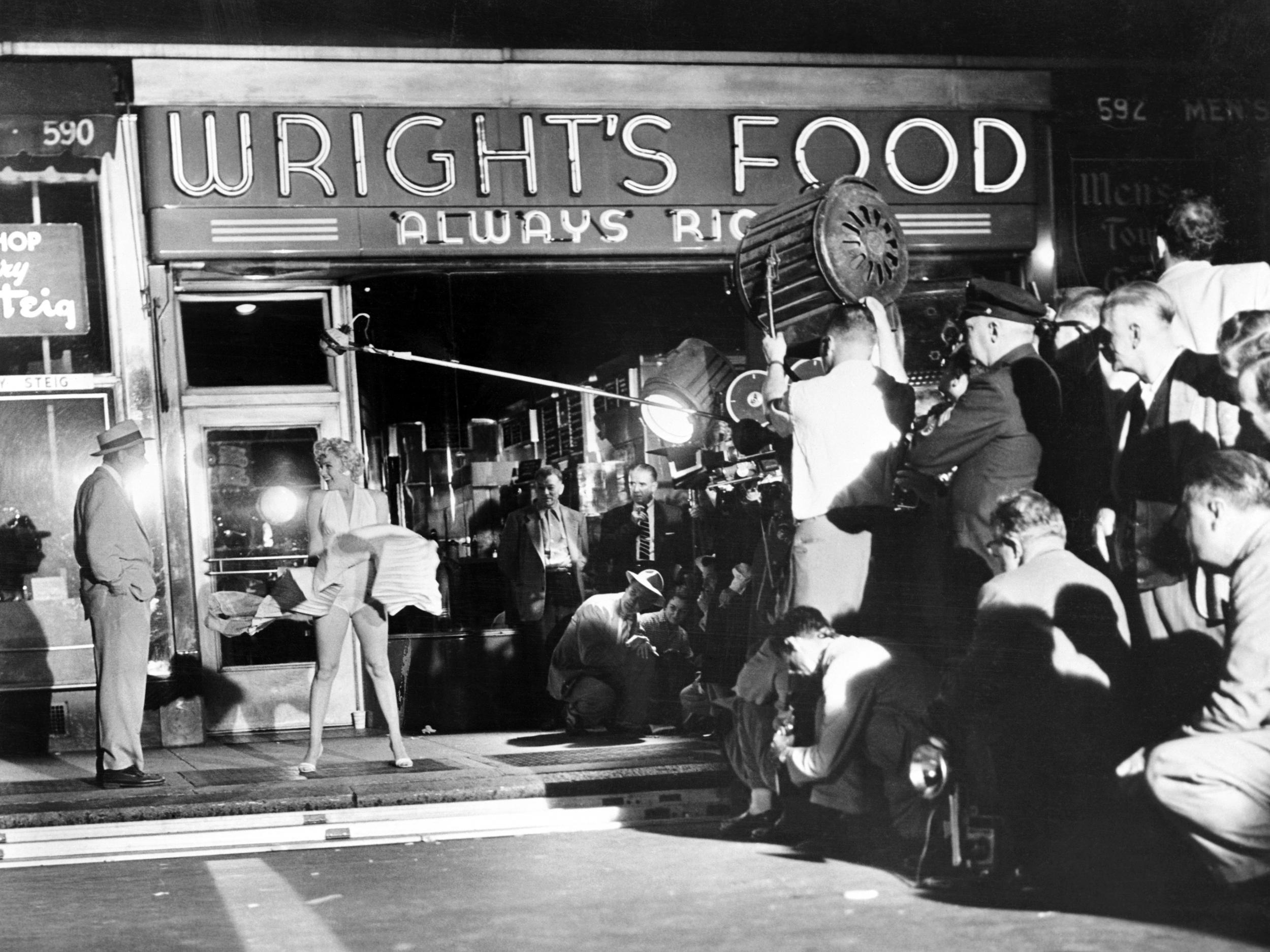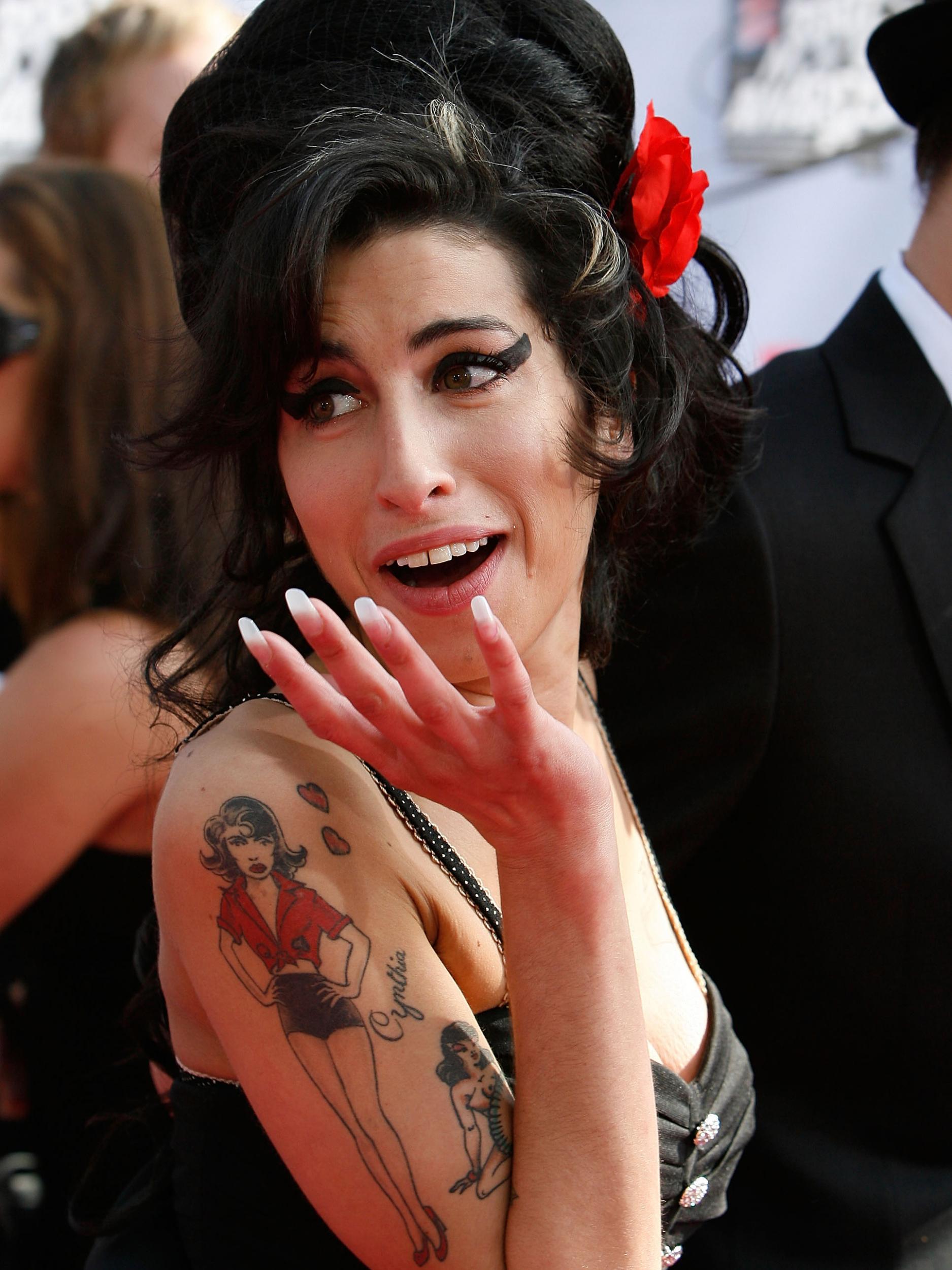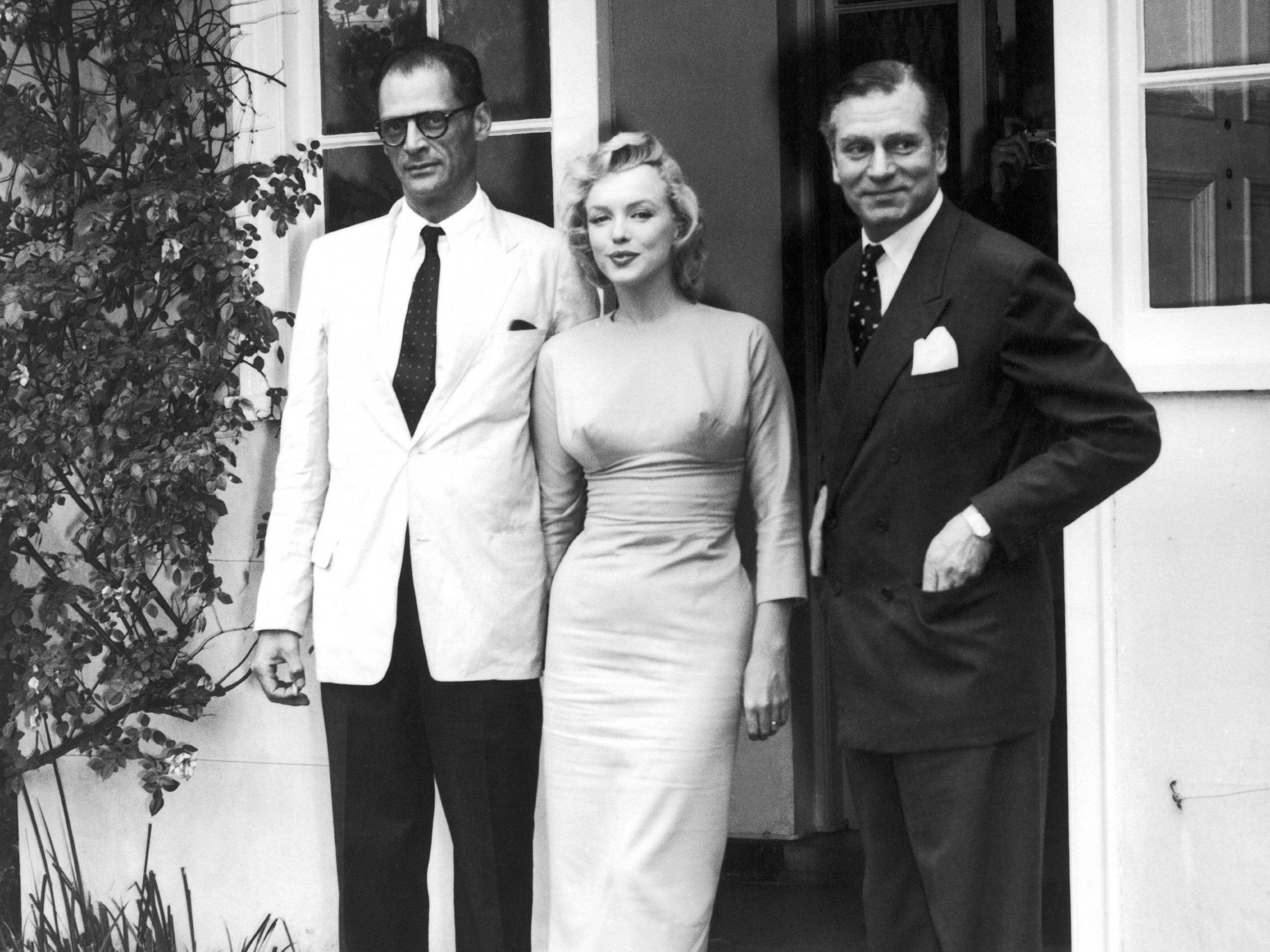Humiliation: The pain of character assassination in the public eye
The more powerful, enduring counterpart to embarrassment, we are all susceptible to being humiliated, especially at a time of aggressive social media. Sometimes there’s no coming back...

Back in the Fifties, in America, Groucho Marx was hosting a television show. The kind that has contestants. One of them was called Sally. Groucho introduced Sally to the audience then asked her how old she was. “Approaching 40,” she replied. “From which direction?” he snapped back.
There is some kind of comic genius attached to the speed and acuity of his riposte. But you have to say that, whatever else it was, it was cruel. A dash of verbal sadism. But enough of Groucho, what of Sally? I bet she laughed. Laughing at herself for trying to hang on to some fast receding youth. Laughter, as Bergson pointed out, is a form of revenge of the collective against the deviant individual. But surely, if Sally is still alive, she will not have forgotten the moment she was roasted by Groucho Marx. Perhaps it is even a claim to fame. But the core of the experience must have been and remains humiliation.
Similar experience, tending in the other direction: I was 16, ordering a beer in a pub back in the days when you didn’t have to show ID and could just about get away with it. I used my deepest voice, and stood my tallest. And all would have been well if not for the older sixth-former lurking in the shadows who started singing, “Sweet Sixteen”. Instant, searing, soul-crushing humiliation. Just like Sally, I had been owned.

Humiliation (from the Latin, humiliare, enforcing humility, being brought down to earth or humus) of course, is the core of most television, notably reality shows. Schoolboys (and girls) love to humiliate one another because they are used to being humiliated. I suspect that, one way or another, humiliation is built into education (“What colour do you call this, Martin – bum brown?” aborted an otherwise promising artistic career), religion, the army. And probably the psycho-pathology of everyday life too. Only, so far as I know, in religion is self-flagellation not a metaphor. Subservience and the annihilation of ego is an imperative (or so I am told by graduates of a convent education at the hands of nuns).
It could have something to do with the class system. It’s all over Jane Austen, for example. Just as there is a classic work by Christopher Ricks, Keats and Embarrassment, so too there ought to be one, Austen and Humiliation. Humiliation is the more powerful, enduring counterpart to embarrassment. Embarrassment is a slap in the face (hence blushing), humiliation is being knocked flat and scarred for life. But is it peculiar only to the 18th century or highly stratified societies? Clearly not. Everyone, at one time or another, has had a dose of it.
True story. A teenager is wearing a red zip-up jacket with a dragon on the back. “Hey, cool jacket,” says his friend. “Where’d you get it from?” “Oh, my ma brought it back from the States”, says the kid. They’re playing football (or whatever) when another guy comes along and says, “Whoah, that’s my jacket!” Yes, his mother gave it to the Oxfam shop, and here it is again. I ask you, can you ever recover? The crucial mechanism is on full display here: there is a moment of public exposure in which you are found out. Pinned to the wall, like a would-be butterfly who is revealed to be only a caterpillar after all – a worm, wriggling around on a hook. Death of the dragon.
Maybe we are more susceptible to humiliation than ever before. Maybe there is just more of it. Trolling and verbal bullying is designed to humiliate. Revenge porn is humiliating. All forms of sexual inadequacy (a long list) are humiliating. I assume that most violence (football hooliganism, for example) is over-compensation for the fear of being humiliated. Rising levels of violence go hand-in-hand with a spike in humiliation. But you don’t have to be manifestly vulnerable, and your team doesn’t have to be facing relegation for you to feel humiliated.
Consider the case of Marilyn Monroe. Unequivocally one of the icons of the 20th century. Star of, for instance, Some Like It Hot and The Seven Year Itch. The subject of an Elton John song (OK, after she was dead, but still). The “Stradivarius of sex” as Norman Mailer described her. But therein lies the rub. Did she necessarily want to be some kind of instrument? Does anyone? But wasn’t she the victim of a Kennedy-inflected conspiracy? Anything is possible, but more likely she was the victim of humiliation.

There is a case for saying that Joe DiMaggio, her baseball player first husband, was humiliated on account of the shoot when she is standing on a subway grate and her dress is being blown up in the air and she is trying to hold it down. There was some kind of deal that the dress wouldn’t go up too high. And then it’s in her face. She is exposed. But it is DiMaggio – coming from a working-class Italian-American family – who feels humiliated. She belongs to him and yet here she is seemingly available to all the world. That marriage was never going to work out.
You would think that marriage to Arthur Miller would have suited her better. Author of Death of a Salesman, and scriptwriter on The Misfits (her final film), he was also one of the ace intellectuals of his era. “Egghead Weds Hourglass”, read the headline in Variety. In reality, she, the child of 20th Century Fox, was a would-be intellectual. Perhaps one should delete “would-be”. She was certainly no airhead, no kind of “bimbo”. Her bookshelves, on her death, remind you of a conscientious undergraduate, or PhD candidate, stacked as they are with volumes of Plato and Freud and Proust. One of the most touching of the innumerable stills of Marilyn has her in a swimsuit reading James Joyce’s Ulysses. This is not a joke. She really was reading Ulysses (or at least trying to). You would think that, all in all, the Monroe-Miller combination ought to have been workable. But it wasn’t.
Because he really needed a bimbo. He didn’t want to be married to an earnest undergraduate. He wanted an All-American Girl to symbolically get him off the hook of the McCarthy black list, branded as a communist, and Jewish to boot. And possibly gay, as it turns out. Maybe Monroe could save him. But she needed him to save her. And instead of that he humiliated her.
For one thing, she read his diary. In England, during the filming of The Prince and the Showgirl. Maybe he intended her to, I don’t know. But it was devastating. She wrote about it in her own journal. Something about what an idiot she was and how he was ashamed of her. “Starting tomorrow I will take care of myself”, she writes, “because that really is all I have and as I see it now have ever had.” Laurence Olivier was another of her humiliators (an ugly word, I know, but then it is ugly). Olivier tells a funny story of Monroe, about how he would take her to a house where they served up “matzo balls” and one day she says, “Hey, do we ever get to eat any other part of the matzo?” Hilarious, and yet. Almost certainly invented to stick the knife in. Olivier hated her for forgetting her lines. But on the other hand if he hadn’t been such a smooth-faced, stuck-up, self-regarding bastard maybe she wouldn’t have forgotten her lines quite so much in the first place.

She almost certainly committed suicide. Overdosed on barbiturates. Or, rather like Amy Winehouse, abdicated life. Perhaps the case of Winehouse can help us understand Monroe. Winehouse had the figure of an archetypal, bare-breasted pin-up tattooed on one arm. “Girl” – the woman she felt she could never be. A cartoon woman. But then neither could Monroe. No one can coincide (at least, not for very long) with their own myth. But everyone else wanted her to be nothing but the thing she was supposed to be. She strove to be something else, quite what she never knew, or was never allowed to know. She was asked to get back in her box. But she didn’t want to. So she ended up in a box anyway. No living being wants to be reduced to a thing, like a frying pan. Not even a Stradivarius.
From the inside, the subjective self is a patchwork of possibilities (or “limitless” in the terms of the Bradley Cooper film). From the outside, you are just an object. A thing. Whether ugly or beautiful, too young or too old. The French have a nice phrase, “entre deux âges”, literally, between two ages. You could translate it as “middle-aged”, but isn’t everyone always between two ages? In transit. Humiliation occurs when you are objectified, nailed down to a set of data. Perhaps, finally, this explains why humiliation is becoming so huge, because in the age of Facebook and Cambridge Analytica there is just so much information about you out there. Some of it damning. Possibly all of it.
I think we need a Humiliation Helpline. We might need to be reminded that there always is a discrepancy between being and becoming, between what we are at this very moment and what we might be, potentially. So you can always be found out, caught out, owned, humiliated, exposed as a fraud and a wannabe. The delusionary part of humiliation is the supposition of solitude. I alone am the fraud, the humiliated one. Everyone else is pure truth, nothing but what they purport to be. They are authentic and I am the lie. Maybe we need a #MeToo of humiliation.
For information about Human Dignity and Humiliation Studies (HumanDHS), visit humiliationstudies.org
Andy Martin is the author of ‘Reacher Said Nothing: Lee Child and the Making of Make Me’ and teaches at the University of Cambridge
Join our commenting forum
Join thought-provoking conversations, follow other Independent readers and see their replies
Comments
Bookmark popover
Removed from bookmarks